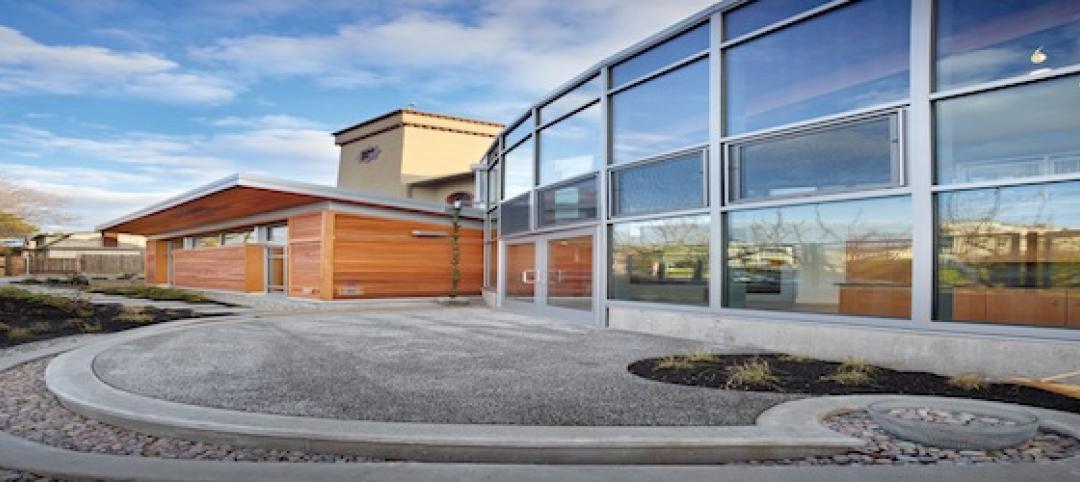A new report, Cities Safer by Design, from WRI Ross Center for Sustainable Cities, offers guidance for designing safer streets and communities that can reduce traffic fatalities and improve people’s lives.
The report includes more than 30 specific urban design recommendations for urban planners and policymakers. It emphasizes two ways to improve traffic safety in cities. First, building and retrofitting urban environments to reduce the need for individual vehicle trips; and second, by reducing vehicle speeds in areas where cars, pedestrians, and cyclists mix.
The report focuses on improving infrastructure for pedestrians, bicycling, and mass transport. It includes examples from several cities including Tokyo, Mexico City, Rio de Janeiro, Istanbul, New York City, and Paris.
Recommendations include:
- Smaller block sizes
- Frequent street connections
- Narrower streets
- Traffic calming measures such as speed humps, chicanes, curb extensions, raised pedestrian crossings
- Arterials and intersections that reduce conflicts between road users by providing clear crossings, medians, and refuge islands
- Pedestrian facilities ranging from pedestrian-only areas to basic, consistent sidewalks
- Bicycling networks that feature protected bicycle lanes and special attention to design at intersections
- Safety improvements around mass transport stations and corridors.
Related Stories
| Sep 15, 2011
New Label Established For Energy Efficient Doors in UK
The British Fenestration Ratings Council (BFRC) has established a labelling program for all types of domestic pedestrian doors.
| Sep 15, 2011
EPA Releases New High-Rise Residential Energy Star Rating
The U.S. Environmental Protection Agency recently announced an Energy Star rating for multi-family high-rise buildings.
| Sep 15, 2011
Bill Seeks To Spur Stronger Building Codes Nationwide
The Safe Building Code Incentive Act of 2011 would provide strong financial incentives for states to adopt and enforce strong building codes.
| Sep 15, 2011
New Federal Law Limits Amount of Formaldehyde in Wood
President Obama signed into law legislation that limits the amount of formaldehyde in wood. The new measure will impact particle board and other composite wood products .
| Sep 12, 2011
Living Buildings: Are AEC Firms up to the Challenge?
Modular Architecture > You’ve done a LEED Gold or two, maybe even a LEED Platinum. But are you and your firm ready to take on the Living Building Challenge? Think twice before you say yes.
| Sep 8, 2011
OSHA issues alert on incorrectly rebuilt circuit breakers
The Occupational Safety and Health Administration (OSHA) has issued a hazard alert, warning workers and employers of certain Eaton/Cutler-Hammer molded-case circuit breakers that were incorrectly rebuilt.
| Sep 8, 2011
USGBC Streamlines LEED EB: O&M
The Council has reorganized the prerequisite and credit structure of LEED EB: O&M.
| Sep 8, 2011
USGBC: 30 Legislative ‘Wins For Green Building’ So Far In 2011
A mid-year report by the U.S. Green Building Council says that there have been “30 legislative wins for green building” across 22 states in 2011.
| Sep 8, 2011
Revised Building Codes Adopted After WTC Attacks Being Implemented
U.S. National Institute of Standards and Technology (NIST) code revision recommendations in the wake of the World Trade Center terrorist attacks are being implemented in new high-rise construction including One World Trade Center, the lead building of the new World Trade Center complex.
| Sep 8, 2011
New Sustainability Standard Addresses Disaster Resistance
To aid local governments to adopt high-performance green building codes, the Portland Cement Association (PCA) and the Institute for Business and Home Safety (IBHS) have developed High Performance Building Requirements for Sustainability 2.0.







